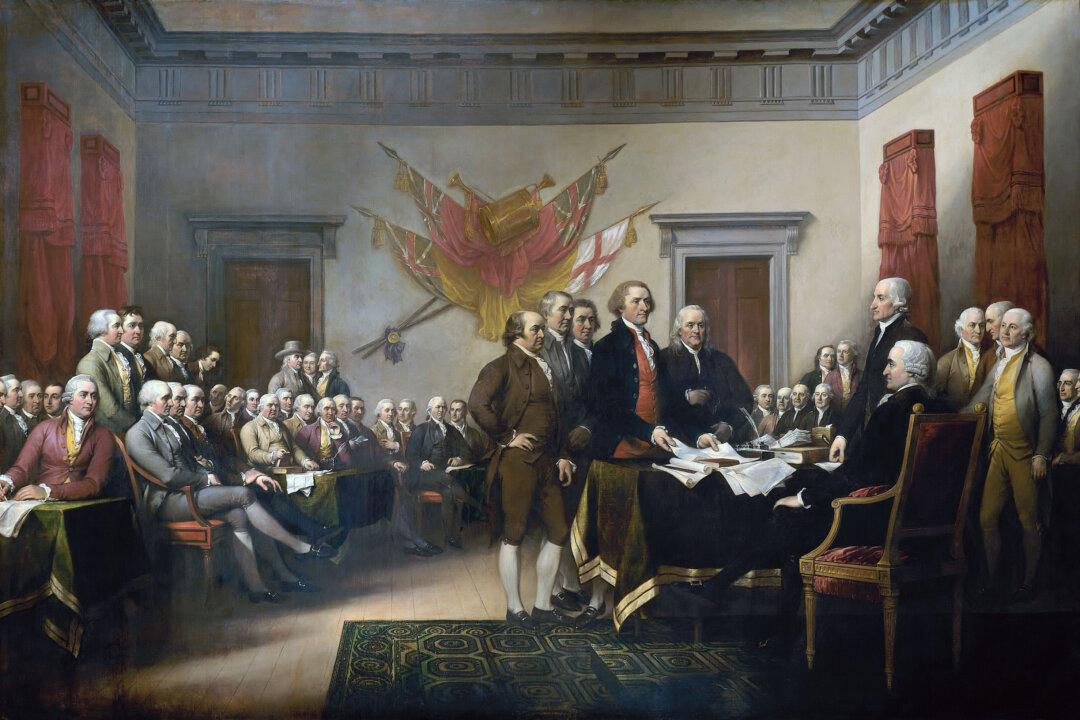Commentary
One of the most common and widespread charges made against our nation’s history is that the American War for Independence was somehow executed for the purpose of protecting, perpetuating, and spreading the institution of slavery.

One of the most common and widespread charges made against our nation’s history is that the American War for Independence was somehow executed for the purpose of protecting, perpetuating, and spreading the institution of slavery.